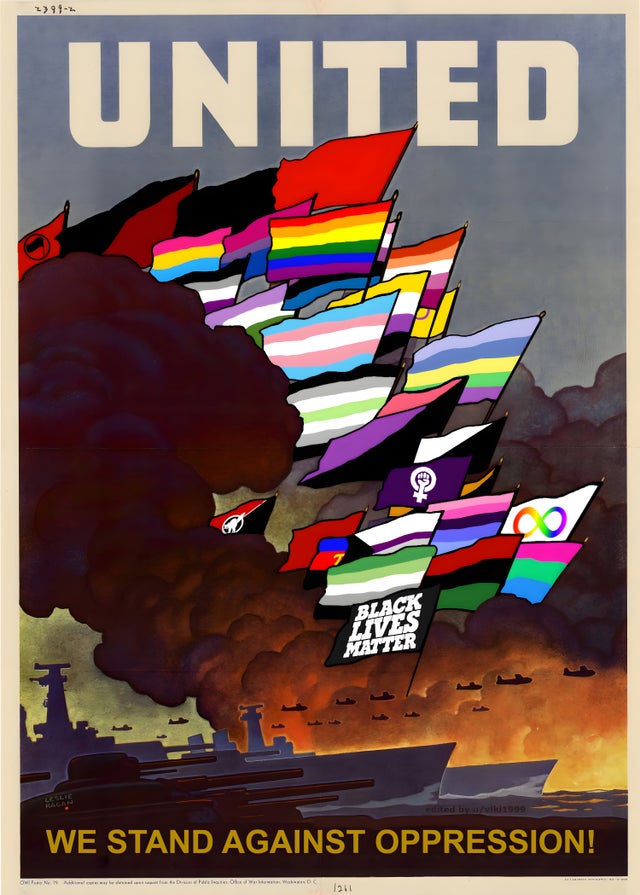The basic unit is the tribe or clan. This is three things: it’s your family, it’s your neighborhood (they live around you), and it’s your economic unit. As an economic unit, each member has duties and gets (non-monetary) payment.
Tribal duties include –
- Hunt, gather, farm, or fish the food in the traditional way
- Help build houses in the traditional way
- Help build community halls and other spaces
- Maintain and clean those community halls and public spaces
- Childcare
- Maintain roads, fix potholes
The tribe has some skilled specialists, like tailors. Maybe 1 person in 100 is a tailor; it’s that person’s duty to make sure her 100 kinsfolk have clothes. One specialist is the perfumier/soapmaker who provides everyone with homemade soap, moisturizer, toothpaste, perfume, and that sort of thing. This is another opportunity to add local flavor: African black soap, Palestinian Nabulsi soap, Inuit soap made from seal blubber, etc. and each perfumed with local flowers.
Tribal perks/entitlements/wages include –
- Food (traditional, local)
- A house (vernacular architecture)
- Clothes (traditional)
- Childcare when you need it
- You can hang out in the community hall This isn’t luxurious, but you feel taken care of, safe. Just by being born into a family and discharging your duties you thereby earn material security. Lovely. You are home.
Tribe’s don’t do very specialized or technical work. Everyone has to pitch in. The division of labor varies from place to place, often based on sex and age. At 0-12 you have no duties, from 12-15 you start being given light duties. Many cultures have traditionally divided men’s work and women’s work.
Some people get the perks without the duties. These include the young, the old, the sick, injured or disabled. (In some cases, and I’m saying this to be non-Utopian, this is nasty, people who are a burden like the elderly are killed. Traditional cultures often had senicide.) Other people exempted from duties include guild-masters (discussed below) and champions in art and sport: imagine your cousin is a world-class violinist who performs on the world stage – you want her practicing, not sweeping the streets. So the tribe exempts her.
There is a second economic unit: the guild. No tribe could perform robotic surgery, manufacture 7nm microchips, or build a train. So the medical guild, the microchip guild, the train guild do that. Guilds are not geographically bound, unlike tribes. Guilds conduct their business in the Esperanto-type language. (Anti-anarchists always say, “How could mutual aid groups do very technical work?” Answer: by organizing very technical mutual aid groups.)
Everyone is a member of a tribe (you’re born into it, how could you not be?). But only some qualify and become guild members: first an apprentice, then a journeyman, then a master.
What do tribes do for guilds? They provide food, clothing, shelter, and some perks like luxury goods (silk, honey, pearls). And they provide new members, young blood. Also materials: the microchip guild must work out a special contract with the tribe whose ancestral lands are on a cobalt mine. What do guilds do for tribes? They are obliged to fix your laptop when it’s broken, they maintain the trains, they provide healthcare. Become a guild apprentice and the tribe halves your burden of tribe-work. Become a master and you are totally exempt from tribe-work (it’s stupid to expect a busy doctor to also sweep the streets), plus you get a bigger house, a finer grade of food, finer clothes, etc. This is a non-monetary exchange. It’s a win-win contract.


I’m working on a historical fantasy fiction.
Set during the advent of the “Three Kingdoms” period of history in 184 CE (I almost said 1984, goddammit) with the Yellow Scarves rebels (or “Yellow Turbans”) as the main protagonists or partly the center of the conflict.
Zhang Jiao is a POV character in my web novel along with his two other siblings.
Do you plan to turn your world-building into a web novel as well?